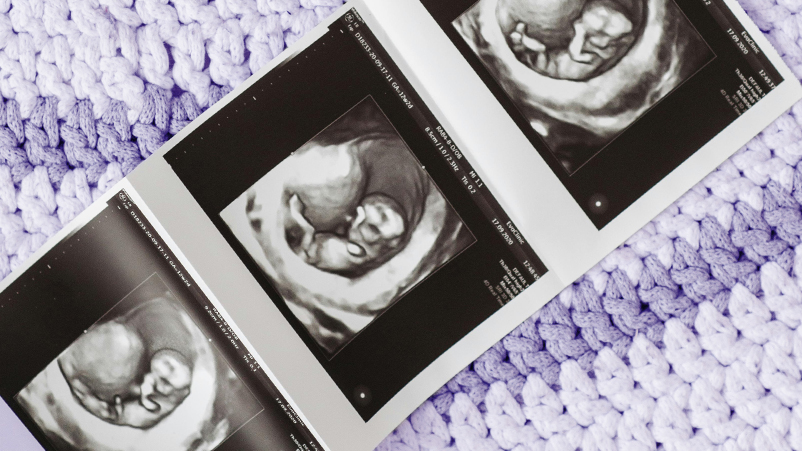With the passage of each year it appears that more and more Americans are being served a platter of nuanced messages regarding how one is to care for a dying loved one. It is as though death could somehow be made more palatable for those involved. The truth is that death is inevitable; nobody will escape it. So the real question is not how pleasant or abbreviated death will be, but rather how we as a human family treat the one who is dying.
Current policy debates and discussions lead me to believe that we are losing our understanding of what it means to love unconditionally even when the object of our love is near death.
In a recent article, former Obama advisor Ezekiel Emanuel shares an idea on how to cut costs when dealing with healthcare decisions. He and his co-author discuss the value of “shared decision making” and state that, “Consistently, as many as 20 percent of patients who participate in shared decision making choose less invasive surgical options and more conservative treatment than do patients who do not use decision aids.”
But as one researcher points out, there may be an underlying agenda involved with this proposal in that the concept of cost cutting prevails over the care and nurturing of the patient. Through the simple use of personal examples from others, families and patients can be convinced to take a more cost-effective road. Sometimes this means foregoing treatment, and sometimes such decisions can and do bring about premature death, though nobody advocating for such “shared decision making” strategies would admit that this is so.
It is clear that one answer to the budgetary dilemma created by paying for the treatment of a loved one could be to simply recognize that there is money to be saved by eliminating options deemed burdensome or extraordinary because the end result is still going to be death. Of course, as we all know, today such decisions could include denial or removal of nutrition and hydration, and maybe even antibiotics.
Such strategies sound rather heartless but, in today’s cost-conscious economy, average Americans are more and more likely to be tempted to witness the facilitated death of someone else if it means more money in the bank or less personal sacrifice.
In an article entitled “Cost of Dying: Discovering a Better Way for Final Days,” reporter Lisa Krieger tells readers, “Places as different as a community in Wisconsin and Oakland’s Highland Hospital are showing the way to a death that is kinder and less expensive.”
The strategy, again, is to ensure that “the discussion” begins at home, at the hospital, or when a patient is transferred to a hospice. The point of “the discussion” is of course to ensure an easy transition from being alive to being dead. And whether that tactical process includes Physician Orders for Life-Sustaining Treatment (POLST) or palliative care, the result can be less than tender.
In fact, when referring to the state of Wisconsin’s version of POLST, Catholic bishops warned, “Despite the possible benefits of these documents, this risk is too grave to be acceptable. . . . POLST forms present options for treatment as if they are morally neutral. In fact, they are not. Because we cannot predict the future, it is difficult to determine in advance whether specific medical treatments, from an ethical perspective, are absolutely necessary or optional.”
Or, as Dr. Betty Wickham puts it, “Care which hastens death before God’s time is much worse than abortion.”
Direct killing of the innocent is what it is, whether before or after birth.
Regardless of the treatment “options” being discussed, the bottom line in every discussion has to be this simple question: Will what we are being asked to do prematurely end the life of an innocent person? If the answer to that question is yes, then the discussion must be finished.
Every dying person is part of our human family, and whether that dying takes a few days, weeks, or months, the point is not the cost or the convenience, but rather the dignity of the one who is ill. Our responsibility is always—and in every case—to address the needs of another, born or preborn, with love and justice. These virtues are not mutually exclusive.



